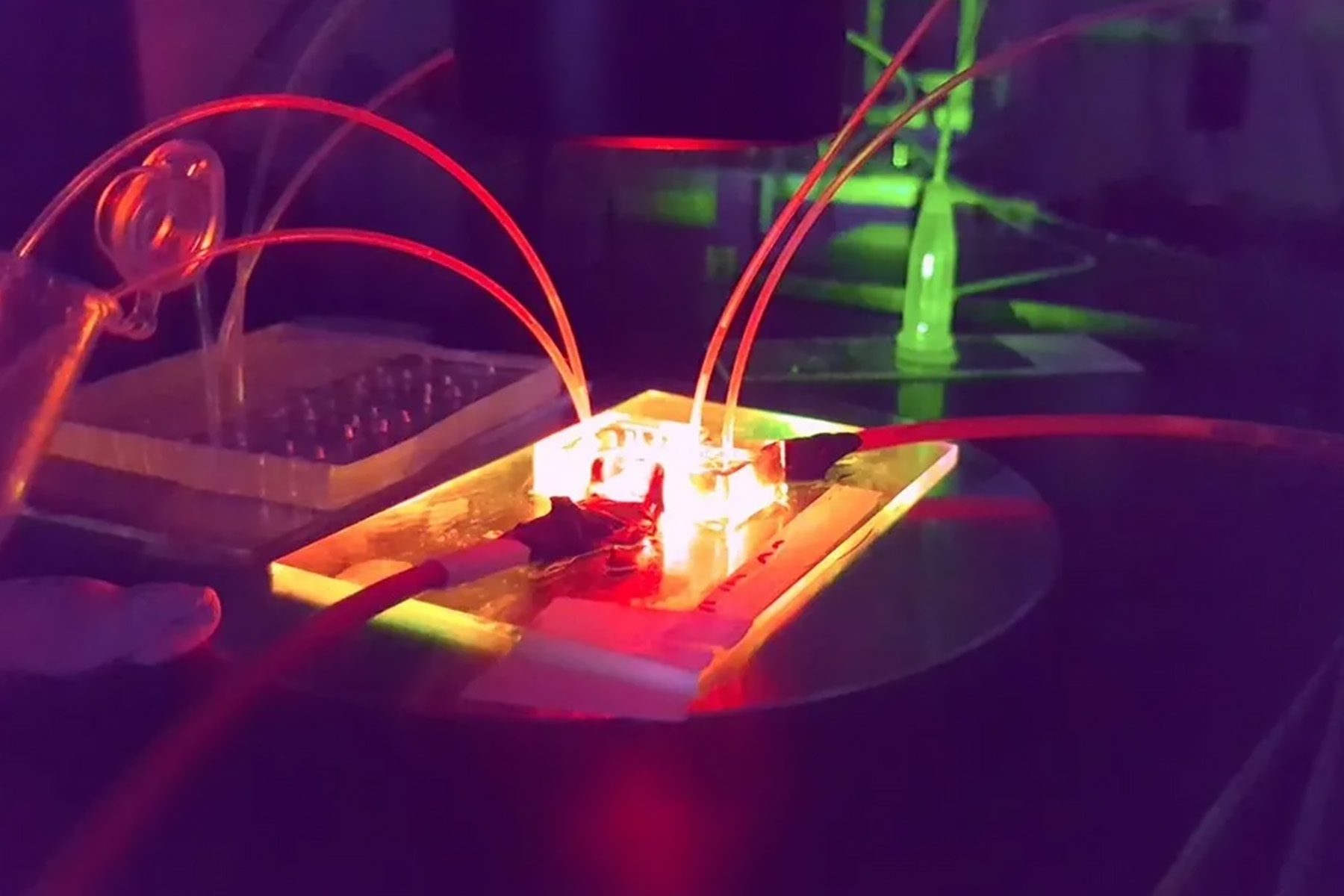Evoralis, a pioneering UK-based company specialising in the discovery and development of plastic-depolymerising enzymes, is paving the way for a truly circular economy in textiles.
The textile industry is at a critical juncture, with global fibre production nearly doubling over the past two decades to 109 million tonnes in 2023, much of which cannot be recycled.
Europe alone generates approximately 6 million tonnes of post-consumer textile waste annually. Additionally, 60% of clothing sold today contains fossil-based plastics, which cannot be easily recovered using existing recycling methods.
Evoralis is addressing this challenge with its groundbreaking enzymatic technology, offering a viable solution for recycling over 80% of textiles, including those composed of mixed and blended fibres containing plastic. Its cutting-edge work focuses on creating biocatalysts that break down plastics.
“As we take this crucial step forward in transforming textile recycling, this funding will enable us to further develop our enzyme technology, making it possible to recycle textiles and plastics that were previously deemed unrecyclable.”

Pioneering enzymatic solutions for plastic waste
Driven by a shared concern for the environmental impact of plastic waste, Evoralis was founded in 2021 by three postdoctoral researchers from the University of Cambridge Hollfelder Lab: Josephin Holstein, Mariana Rangel Pereira, and Tomasz Kaminski. Through their participation in Cambridge Enterprise’s Postdoc Business Plan Competition, they met Daniel Kaute, who brought extensive business and commercialisation experience to the team. Together, they set out to transform their research into practical solutions.
The spinout’s innovative technology harnesses a unique ultrahigh-throughput screening platform based on microfluidics to discover and refine enzymes capable of breaking down complex plastics into their constituent building blocks. This platform accelerates enzyme screening by up to 1,000 times compared to traditional methods, making it a game-changer in the pursuit of an economically viable circular economy for textiles and plastics.
Evoralis’ revolutionary approach enables the separation of different materials within textiles and has the potential to unlock a USD 560 billion economic opportunity.
The team has been awarded numerous grants and accolades and recently raised £2.5M in a Seed funding round led by LIFTT S.p.A, with co-investment from Cambridge Enterprise Ventures, Parkwalk Advisors, Backbone Ventures, Circular Plastics Accelerator, Archipelago Ventures, and angel investors.
The company’s platform has already attracted attention from major fashion retailers, who have engaged Evoralis to develop enzymes specifically for recycling nylon and polyurethane – two of the most difficult synthetic polymers to recycle.
Image Credits: Evoralis and Unsplash




